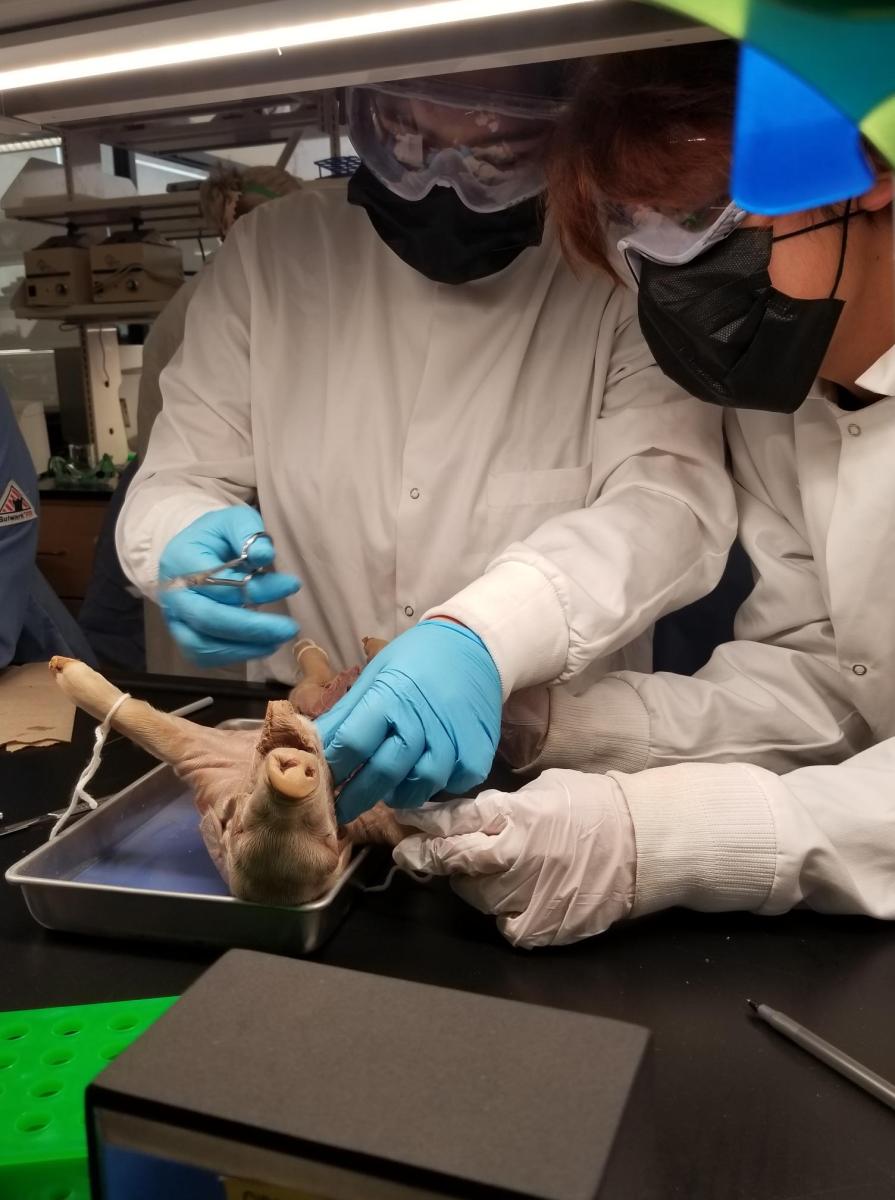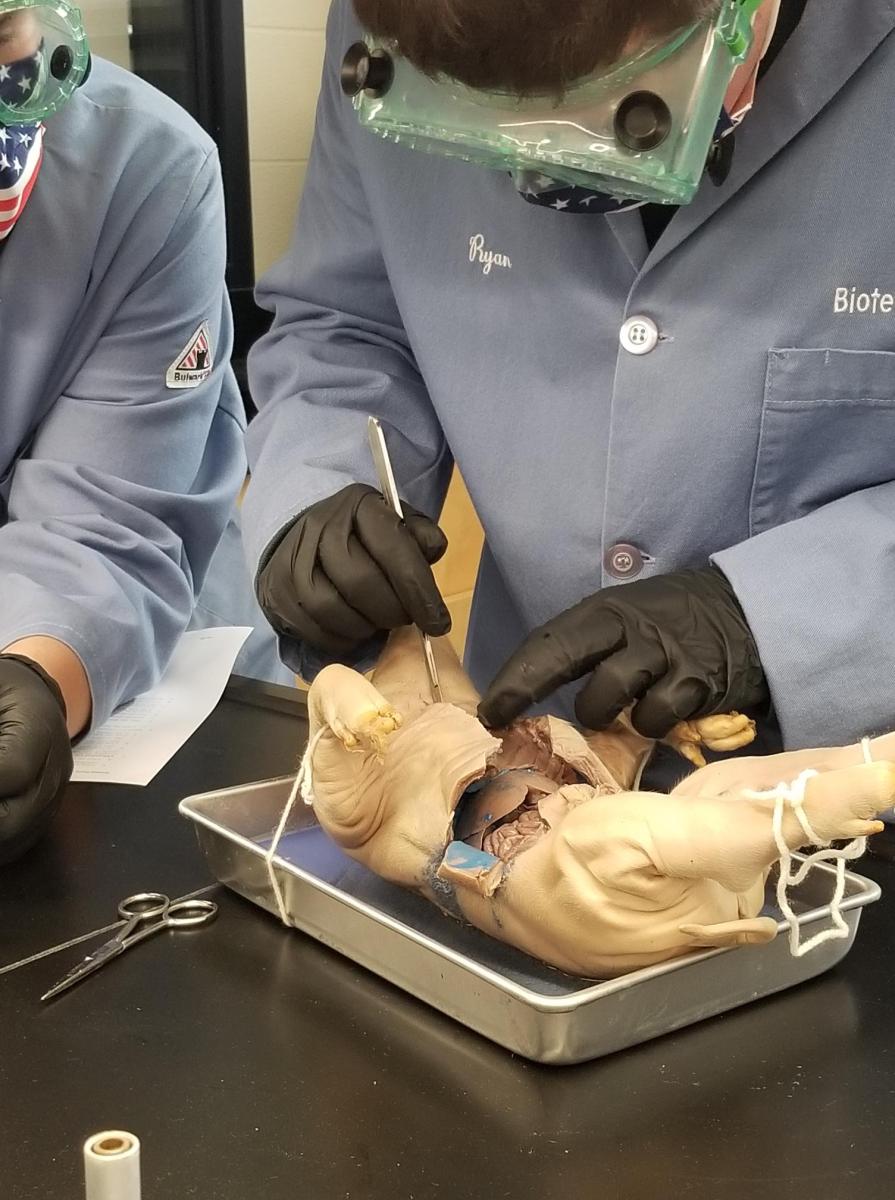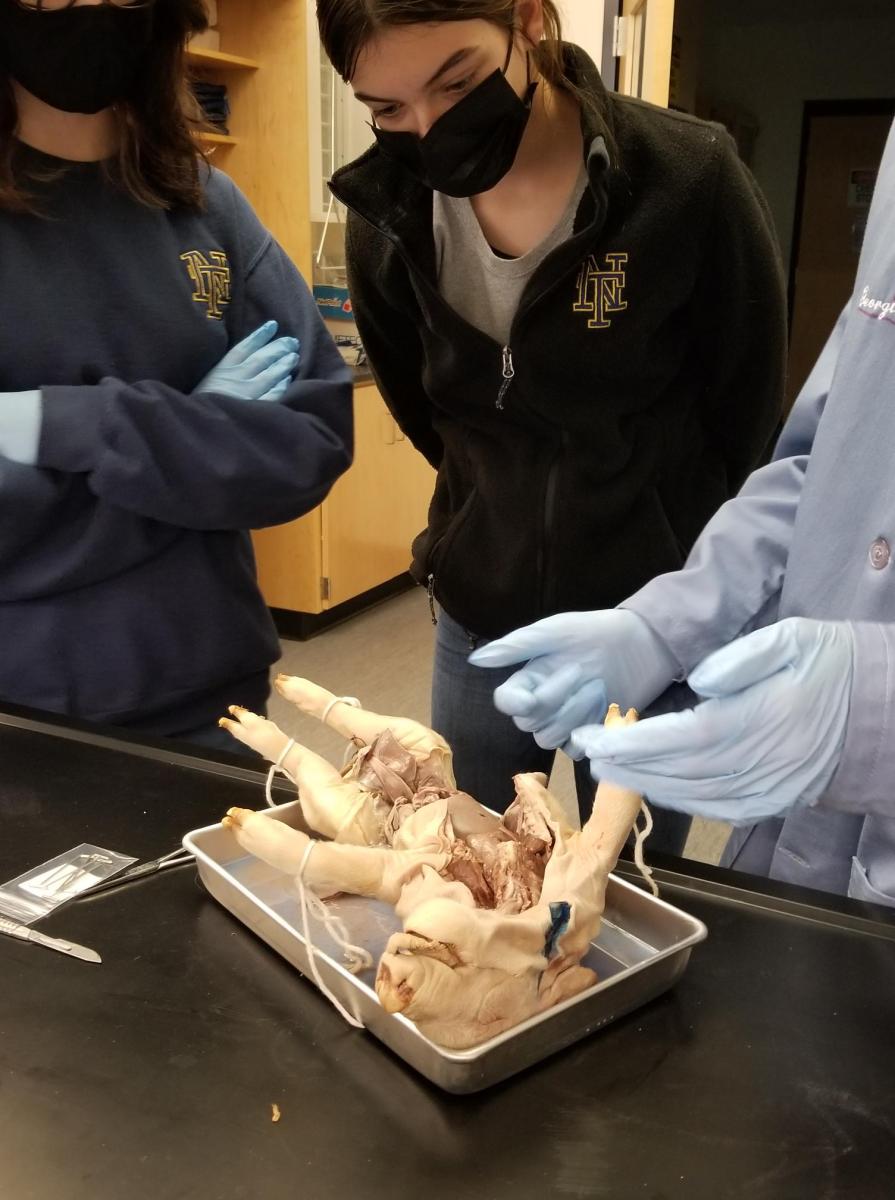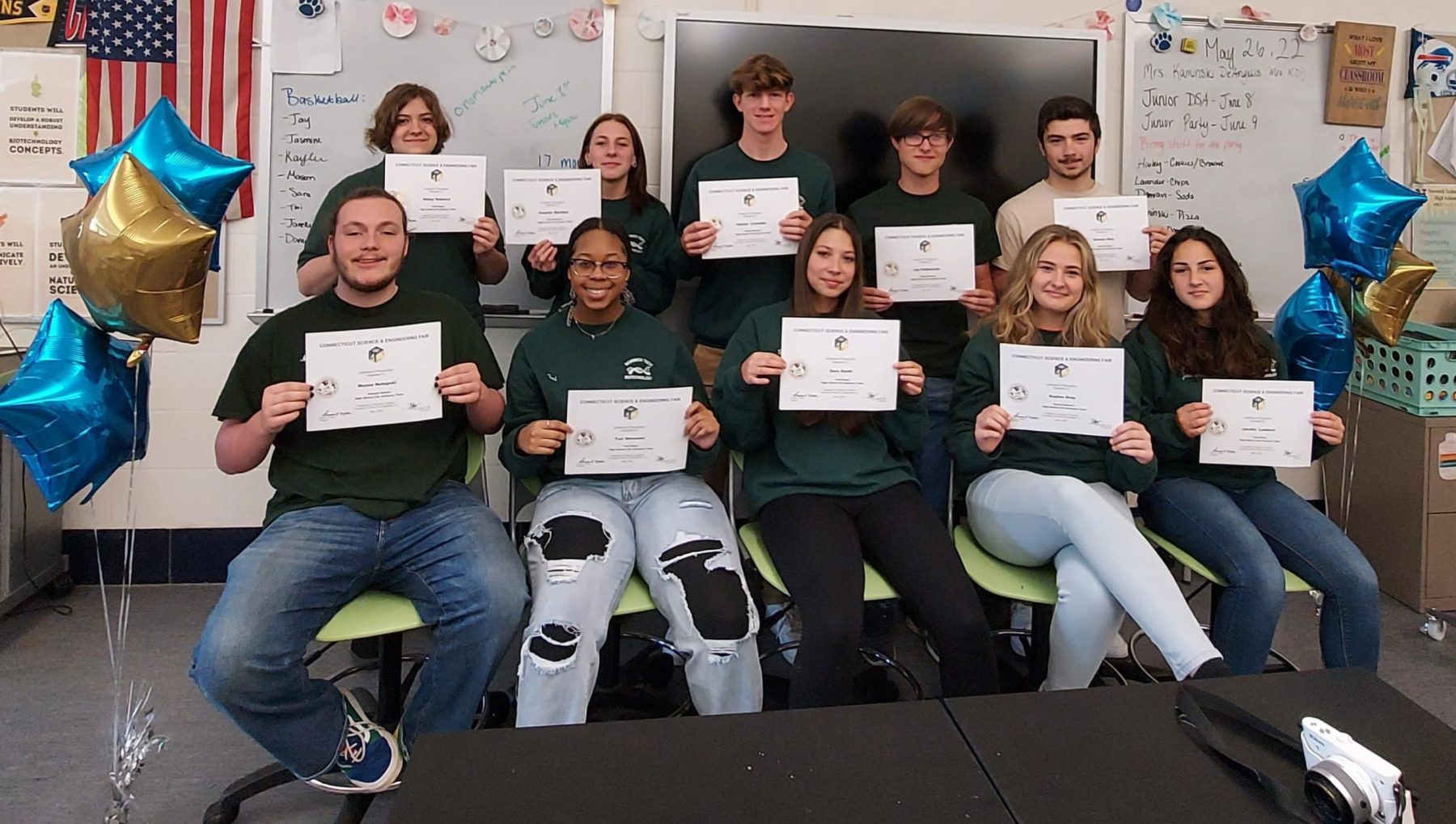Instructors
Pelloni, Aleatha
Department Head, Biotechnology
Aleatha.Pelloni@cttech.org
860-889-8453 x2179
McKale, Kaitlin
Instructor, Biotechnology
Kaitlin.McKale@cttech.org
(860) 889-8453 x2176
Program Description
Biotechnology is the manipulation (as through genetic engineering) of living organisms or their components to produce useful products; i.e. pest-resistant crops, new bacterial strains, or novel pharmaceuticals, and thus improve the lives of living organisms. Primarily a lab-based program, students explore the fundamental principles of biotechnology, career pathways, and biotechnology business applications including medical, pharmaceutical, agricultural, and green energy).





